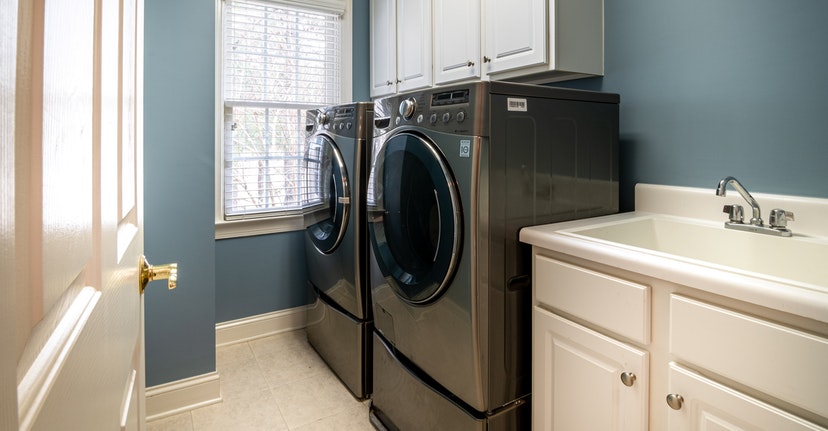Home Appliance Companies Offer Hygiene-Focused Products
Adapting to New Consumer Needs
Over the course of the COVID-19 pandemic, consumers have flocked to buy products that focus on hygiene, from Clorox (CLX) wipes to phone sanitizers. Now the $500 billion home appliance industry is recognizing this trend and is finding creative ways to adapt products and meet consumers’ needs.
LG Electronics has added sterilizing ultraviolet lights to its refrigerators. Whirlpool Corp (WHR) built washing machines with systems that heat clothes in a particular way to remove germs and allergens. Beko Electrical Appliances recently launched ovens and refrigerators with sanitization drawers. The company also debuted a “cleaning cabinet,” which is a microwave-sized appliance which sanitizes objects like keys and wallets.
A More Successful Strategy than the Smart Home Initiative
The home appliance industry has struggled to get consumers excited about new products in recent years. Companies invested heavily in smart home technology, but most people have shown little interest in paying a premium for appliances that will text them when their laundry is done or track when they are out of eggs with artificial intelligence. Now, however, the trend of appliances that help people live more sanitary lives is gaining traction.
Additionally, consumers are spending more time at home and putting more wear and tear on their dishwashers, vacuum cleaners, and other appliances. Some households also have extra cash on hand that they might normally have spent on vacations or other activities. This combination of factors has led many to purchase new appliances this year.
Looking Ahead
Demand for appliances related to cooking and cleaning has seen the most growth this year. Between mid-March and the end of August, sales of vacuum cleaners, fans, humidifiers, and water filters climbed 32% compared to the same period a year ago. Between May and August, demand for washing machines with purifying steam functions rose by 46% year-over-year.
Analysts expect that the surge in demand for appliances will probably taper off next year, but will still be up by 5% during the first half of 2021. Executives in the home appliance industry will likely study this period of growth for some time to try to come up with strategies to drive demand for new appliances in the future.
Please understand that this information provided is general in nature and shouldn’t be construed as a recommendation or solicitation of any products offered by SoFi’s affiliates and subsidiaries. In addition, this information is by no means meant to provide investment or financial advice, nor is it intended to serve as the basis for any investment decision or recommendation to buy or sell any asset. Keep in mind that investing involves risk, and past performance of an asset never guarantees future results or returns. It’s important for investors to consider their specific financial needs, goals, and risk profile before making an investment decision.
The information and analysis provided through hyperlinks to third party websites, while believed to be accurate, cannot be guaranteed by SoFi. These links are provided for informational purposes and should not be viewed as an endorsement. No brands or products mentioned are affiliated with SoFi, nor do they endorse or sponsor this content.
Communication of SoFi Wealth LLC an SEC Registered Investment Advisor
SoFi isn’t recommending and is not affiliated with the brands or companies displayed. Brands displayed neither endorse or sponsor this article. Third party trademarks and service marks referenced are property of their respective owners.
SOSS120302



